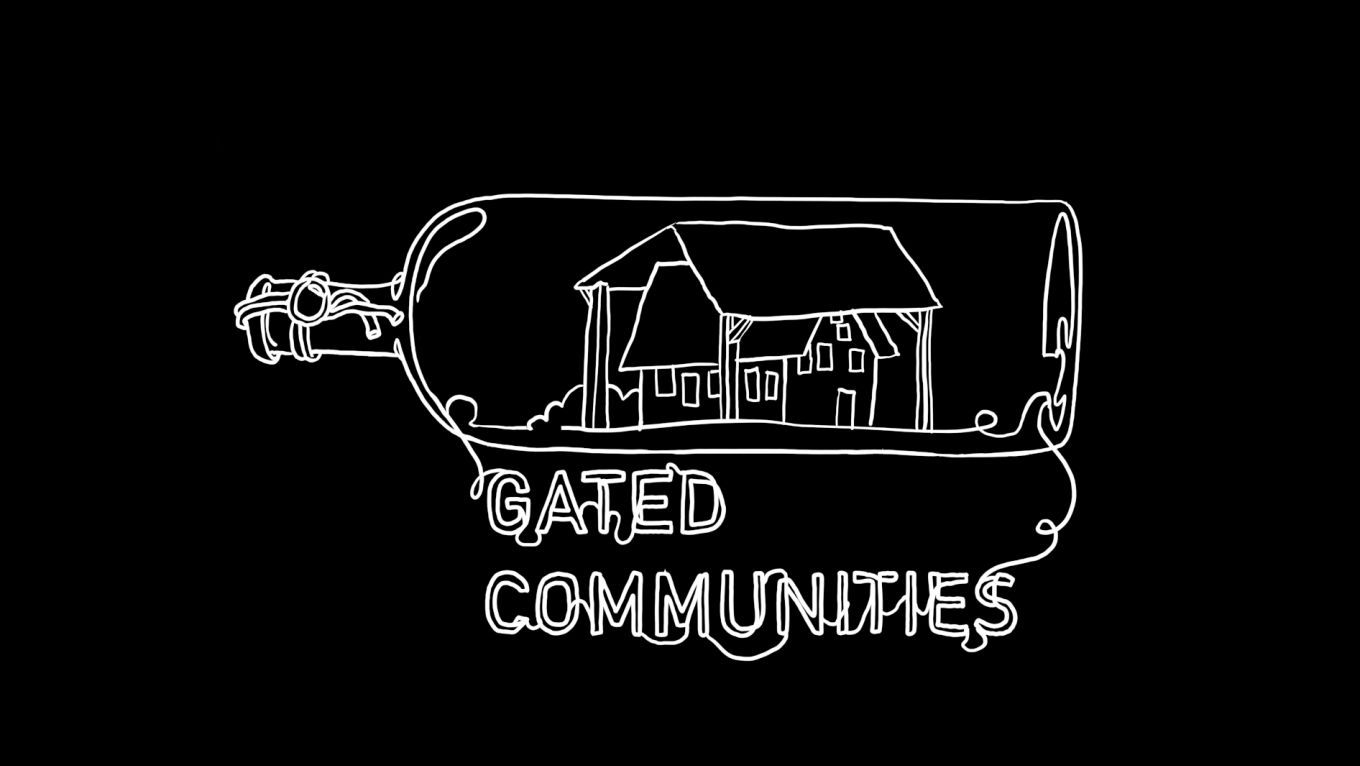Science
“I feel like a criminal and I have to be god at the same time”
Perceptions of hackers and hacktivists on their (in)securitisation
News reports and political speeches are currently replete with references to hacking and hacktivism, i.e., politically motivated hacking. They often portray hackers and hacktivists negatively and put them onto the same level with, for example, terrorists. This talk is based on a PhD research project examining the perception of self-identified hackers and hacktivists on these (in)securitising developments. It investigates how hackers and hacktivists understand themselves and their activities, explores how they articulate the effects of this (in)securitisation, and outlines the ways they resist these processes.
Within the public discourse, terms such as hacking and hacktivism are controversial. They are frequently equated with malicious activities and associated with the likes of cybercrime or cyberwarfare. Besides, both the activities and the actors standing behind these concepts are increasingly becoming subject to a threat construction. This process is understood as “(in)securitisation” which builds upon the idea that security issues do not necessarily reflect the objective, material circumstances of the world. Instead, what is considered as a “security threat” depends on the design of such a menace by a multitude of actors, e.g., politics, industry, or the media.
The talk uses this understanding to examine the perspective of hackers and hacktivists who have been subjected to this (in)securitisation. It is based on a sub-study which is part of a broader PhD project within the social sciences. It exhibits qualitative findings that are derived from interview data collected over the course of a Research Fellowship at the Alexander von Humboldt Institute for Internet and Society, Berlin. A sample of N = 35 (female: n = 6; male: n = 29) self-identified hackers and hacktivists were therefore interviewed in German or English. The data was analysed using the method of thematic analysis.
This talk explains the theoretical background of the research project, the method used to analyse the data, and presents as well as discusses some of the research’s findings. It concentrates on the following issues: (a) how participants understand themselves and their activities, (b) how they articulate the effects of the (in)securitisation process, and (c) how they resist the (in)securitisation. Ultimately, the presentation gives an overview of what the (in)securitisation “does” to the hacker and hacktivist community, who - for the purpose of this research - have been studied conjunctively. It highlights how hackers’ and hacktivists’ self-understanding and perception stand in contrast to their current public representation, providing a relevant insight for the current debates about the possibility of re-articulating political rights online.
Additional information
| Type | lecture |
|---|---|
| Language | English |
More sessions
| 12/27/15 |
What does the fact that Tor users can’t edit wikipedia mean for the quality of the ``encyclopedia that anyone can edit?’’ How do captchas and blocking of anonymity services affect the experiences of Tor users when they are trying to contribute content? This talk will discuss the increasing limitations of active participation in the anonymous Internet and the findings of our interview study of Tor users and wikipedia editors concerning these issues. We believe that by understanding the ...
|
| 12/27/15 |
The REXUS/BEXUS programme allows students from universities and higher education colleges across Europe to carry out scientific and technological experiments on research rockets and balloons. Each year, two rockets and two balloons are launched, carrying up to 20 experiments designed and built by student teams. By reference of two experiments we were involved in, we will explain the way from the experiment idea to the launch and test of it.
|
| 12/27/15 |
Several years ago, the Great Firewall of China was silently upgraded to find and block circumvention servers that employ encryption to defeat deep packet inspection. The system is now used to block protocols such as Tor, SoftEther, and SSH. In this talk, we will give an overview of how this system works, and how it can be circumvented.
|
| 12/27/15 |
Light of astronomical objects gets distorted as it passes earth’s atmosphere. Adaptive optics can correct this distortion and create images that are as sharp as those taken in space. The correction needs a bright reference star. If there is no such star nearby, an artificial Laser Guide Star can be created in the upper atmosphere.
|
| 12/28/15 |
In my talk I am 1) discussing philosophical concepts of privacy, especially Hannah Arendt's philosophy. I am 2) explaining why in a liberal-democratic system we need to protect our privacy and 3) what we can morally do to prevent catastrophes such as a totalitarian system from happening again. With Hannah Arendt's arguments and her analysis of totalitarian systems in mind, I am referring to three examples from today's privacy discussions: cybermobbing, Behavioral Advertising and secret services.
|
| 12/28/15 |
We develop a tool to verify Linux netfilter/iptables firewalls rulesets. Then, we verify the verification tool itself. Warning: involves math! This talk is also an introduction to interactive theorem proving and programming in Isabelle/HOL. We strongly suggest that audience members have some familiarity with functional programming. A strong mathematical background is NOT required. TL;DR: Math is cool again, we now have the tools for "executable math". Also: iptables!
|
| 12/28/15 |
In this presentation I will present the experimental language Ling. We shall get an intuitive understanding of the language through familiar concepts from imperative programming. We shall cover how Ling enables a modular and precise control on memory allocation, through a general optimization called fusion. This optimization, fusion is a cost-free abstraction mechanism which brings high level programming to system programming.
|

